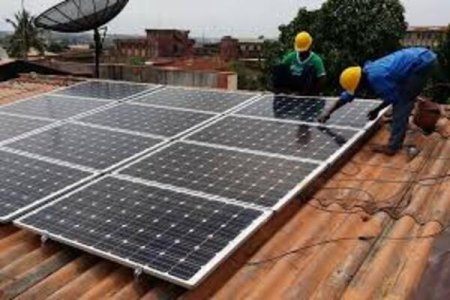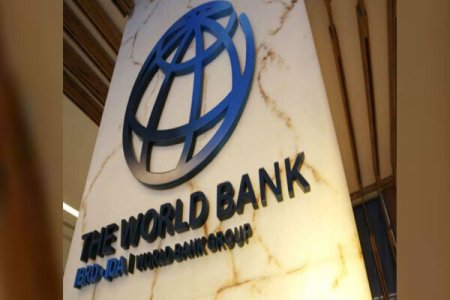
Nigeria is set to ban solar panel imports to promote local manufacturing and expand renewable energy access. Minister Uche Nnaji emphasized the country’s capacity to produce panels domestically, with NASENI leading the charge. The government plans to develop mini-grid solutions to power institutions, ensuring sustainable and reliable electricity nationwide.
The Nigerian government has announced plans to halt the importation of solar panels to promote local manufacturing and enhance clean energy adoption. The move, revealed by Minister of Science and Technology Uche Nnaji in Abuja, aligns with a presidential directive aimed at boosting domestic production in the renewable energy sector.
Nnaji emphasized that Nigeria possesses the resources and technology to manufacture solar panels, with the National Agency for Science and Engineering Infrastructure (NASENI) already engaged in local production. He highlighted the abundance of lithium in the country, which will be processed to support battery manufacturing for renewable energy solutions.
To address power challenges, the government is investing in mini-grid solutions, which will provide electricity to hospitals, institutions, and homes. Nnaji assured that within months, many public facilities would be powered by solar energy, reducing reliance on fossil fuels. The minister further stressed that prioritizing local production would create jobs and drive technological advancement.
However, the announcement has sparked mixed reactions among Nigerians. Critics argue that local production is still insufficient to meet demand, and banning imports could make solar power more expensive. Some believe the decision is politically motivated, benefiting select individuals in the industry.
Others have expressed concerns that the move will force consumers to rely on substandard locally made solar panels, which may not meet global quality standards. Many believe the ban is designed to favor powerful interests in the oil and gas sector, keeping citizens dependent on fossil fuels.
On the other hand, some argue that developing a self-sufficient solar industry is a step toward economic independence. While supporters see it as a long-term strategy for clean energy development, many remain worried that this ban will further burden consumers already struggling with unreliable power supply.



